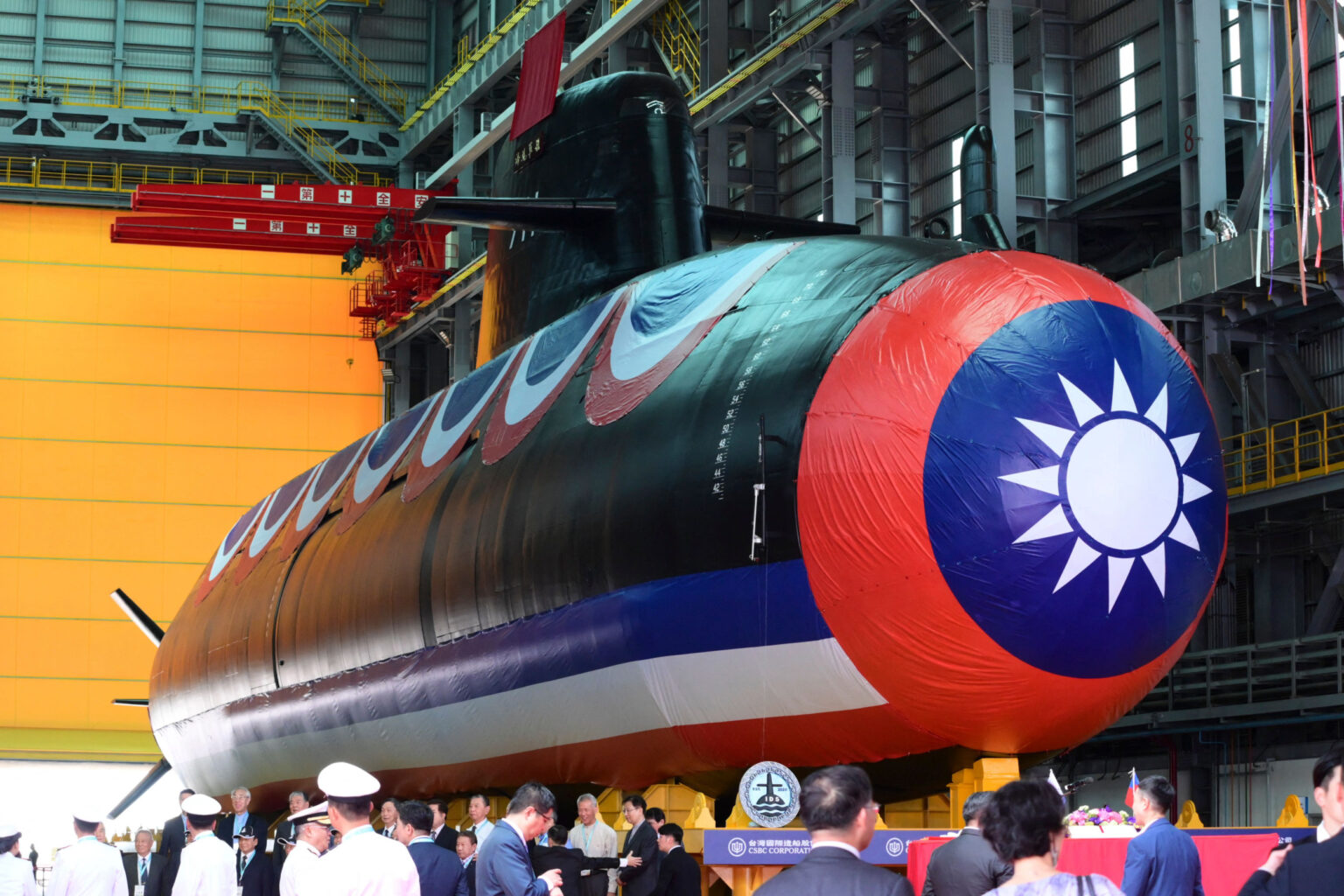Beijing has imposed export restrictions on major Taiwanese firms connected to Taipei’s military and defense industries.
The companies “have deliberately cooperated with Taiwan independence separatist forces in seeking independence through military means,” China’s Commerce Ministry said Wednesday.
Newsweek reached out to Taiwan’s Foreign Ministry with an emailed request for comment outside normal office hours.
Why It Matters
The sanctions come at a period of heightened military and diplomatic tension across the Taiwan Strait. China views Taiwan as its territory and has vowed to someday bring it into the fold, through force if necessary. The East Asian power has further piled on pressure since the May 2024 inauguration of President Lai Ching-te, whom Beijing regards as a “separatist.”
Washington, Taiwan’s top source of arms, is bound by U.S. law to contribute to Taiwan’s capacity for self-defense. However, successive U.S. administrations have maintained a policy of “strategic ambiguity” on whether they would come to Taiwan’s defense in the event of an attack.
What To Know
In a largely symbolic move, China’s Ministry of Commerce announced Wednesday that eight Taiwanese entities had been added to its export control list.
The sanctions prohibit the export of “dual-use items”—goods that can serve civilian and military purposes—to the affected enterprises.
The list includes Aerospace Industrial Development Corporation (AIDC), Taiwan’s leading aerospace firm; CSBC Corporation, the nation’s top shipbuilder; and the National Chung-Shan Institute of Science and Technology, Taiwan’s premier defense research institution.
Targeted firms downplayed the effect the restrictions would have on their businesses.
AIDC told Taiwan’s Central News Agency that the export ban would have some impact, but only on its civilian product lines. The company is seeking appropriate alternative sources, it said.
CSBC Corporation, which constructed Taiwan’s first indigenous submarine, said that its submarines and coast guard ships mainly source components from the U.S. and Europe. For its merchant ships, most materials are procured from South Korea and Japan. The company said it is still reviewing the details of China’s control list to better assess the potential effects.
Other affected companies described similar situations, with Lungteh Shipbuilding Co. saying that imported raw materials it sources from China are “all highly replaceable,” CNA reported.
What People Are Saying
Chen Binhua, spokesperson for China’s Taiwan Affairs Office, told reporters on Thursday: “Enterprises, organizations and individuals who are willing to be the henchmen of the ‘Taiwan independence’ separatist forces, participate in splitting the country, and incite splitting the country will be severely punished according to the law.”
What Happens Next
Taiwan’s Defense Ministry told the Liberty Times that it will encourage suppliers to manufacture goods domestically, with the goal of ending reliance on China-focused supply chains.
The export ban was announced as Taiwan launched its annual Han Kuang military exercises. The drills, which simulate defense against an invasion, will run twice as long as last year amid heightened concerns over the Chinese threat.
Read the full article here

